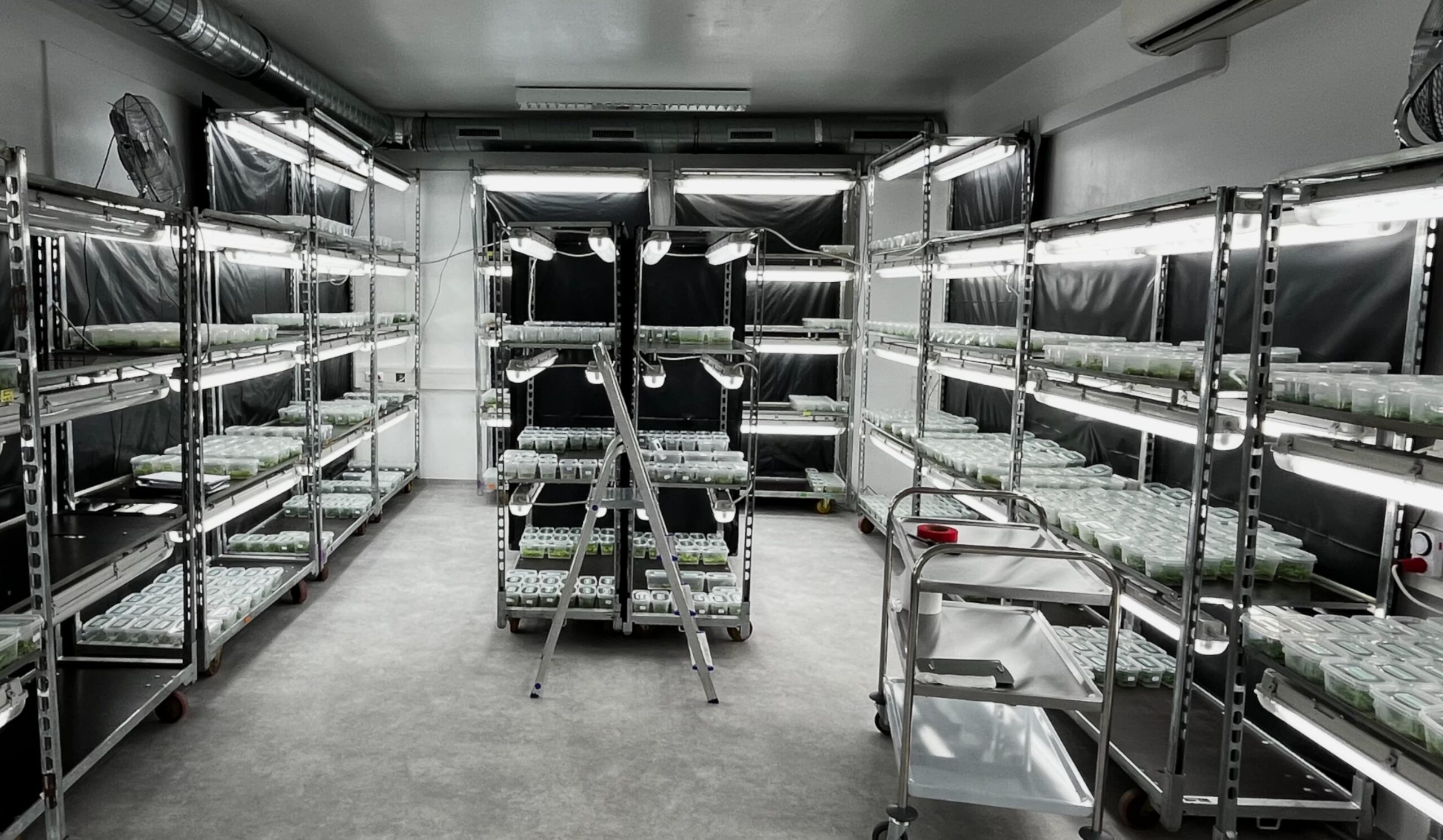Tissue
Culture


Services
Virus Removal & Clean-Up
Through our years of experience in the field of Tissue Culture, we are able to draw upon a multitude of techniques, such as meristematic tissue culture, to rid your valuable genetics of yield-reducing pathogens. The plant to be examined initially undergoes a PCR test to determine the presence of viruses or viroids. Upon successful detection, it is transferred to our laboratory. Here, over a period of approximately six months, a meticulous cleaning of pests is carried out, as well as, if necessary, the elimination of any viruses or viroids. Additionally, upon request, we offer the option to store the cleaned plant in our laboratory facilities. This measure ensures that an uncontaminated specimen can be accessed immediately when needed. Die zu untersuchende Pflanze unterzieht sich zunächst einem PCR-Test, um das Vorhandensein von Viren oder Viroiden zu ermitteln. Nach erfolgreichem Nachweis wird sie in unser Labor transferiert. Hier erfolgt über einen Zeitraum von etwa sechs Monaten eine sorgfältige Reinigung von Schädlingen sowie, bei Bedarf, eine Eliminierung jeglicher Viren oder Viroiden. Zusätzlich bieten wir auf Anfrage die Möglichkeit, die gereinigte Pflanze in unseren Laboreinrichtungen zu lagern. Diese Maßnahme gewährleistet, dass bei Bedarf umgehend auf ein unkontaminiertes Exemplar zurückgegriffen werden kann.
Tissue Culture and In-Vitro Propagation
In vitro propagation enables sterile plant production by cultivating plants in test tubes where they are nurtured until reaching a suitable stage of growth. This method contributes to the genetic stability of plants by ensuring they are free from diseases, pests, and viruses, all without the use of pesticides. At Flowery Field, there is a consistent avoidance of antibiotics throughout the entire plant disinfection process, highlighting the sustainability and environmental compatibility of this technique.
At the beginning of the process, embryonic stem cells of plants, known as meristems, are extracted. These meristems have the potential to differentiate into any cell type, thereby playing a crucial role in plant regeneration and propagation. The extracted meristems are then transferred to test tubes containing an agar substrate. This substrate is enriched with specific nutrients and hormones to enable optimal control of growth rate and root development. The entire procedure is conducted under strictly sterile conditions in the laboratory to prevent contamination.
After being placed in the test tubes, the meristems are moved to a specially designated growth room. Depending on the plant species, they remain in this state for up to six weeks, until the nutrients in the substrate are completely consumed. Subsequently, the young plants are prepared for the next step, which involves the initiation of root formation. At this stage, the plants have two options: Either they are divided again to continue growing in new test tubes, or they are removed from the tubes and placed into a rock wool medium to facilitate rooting.
